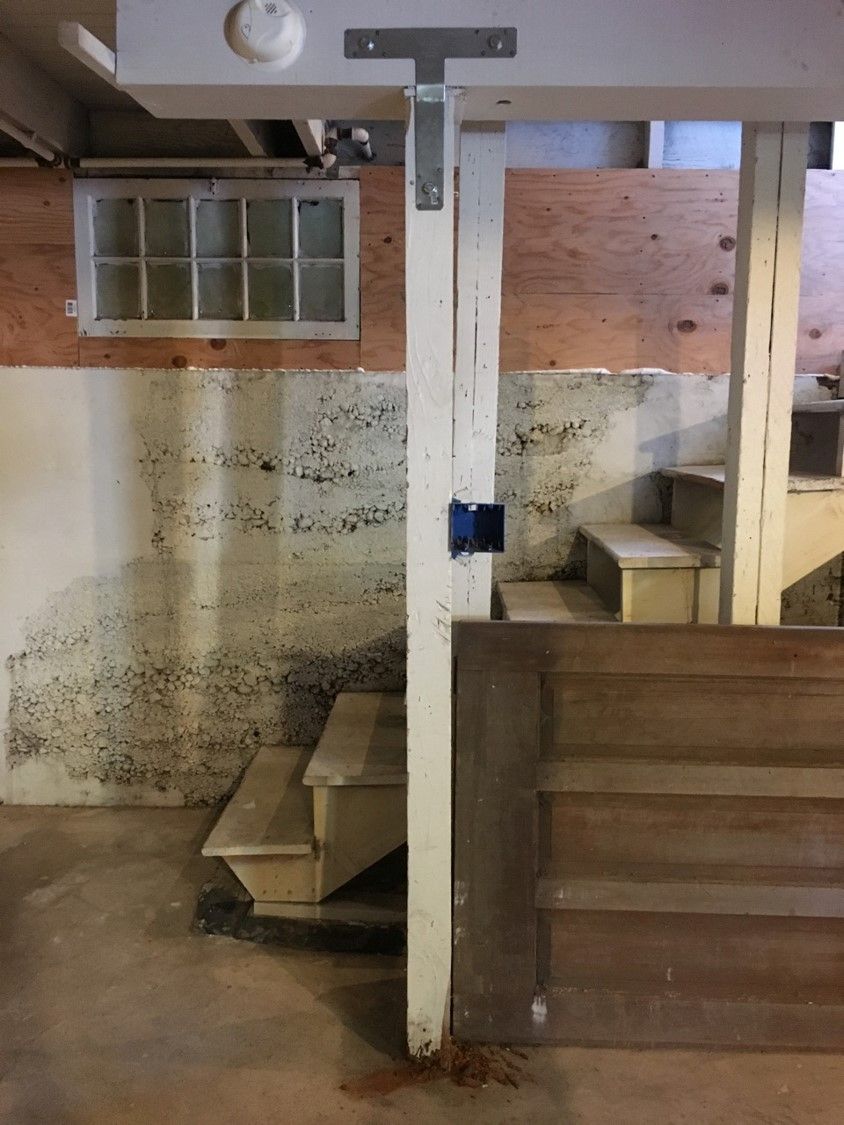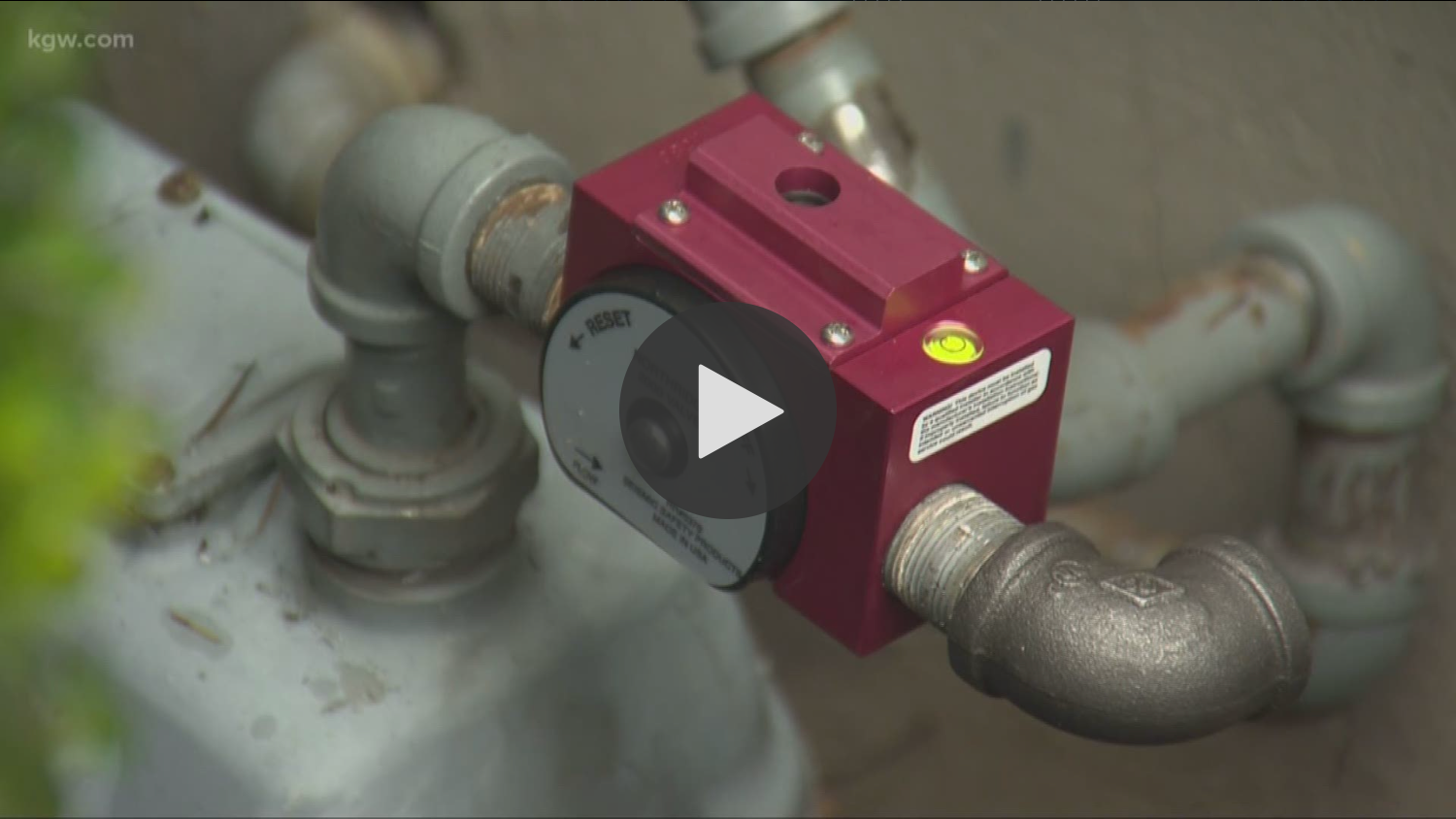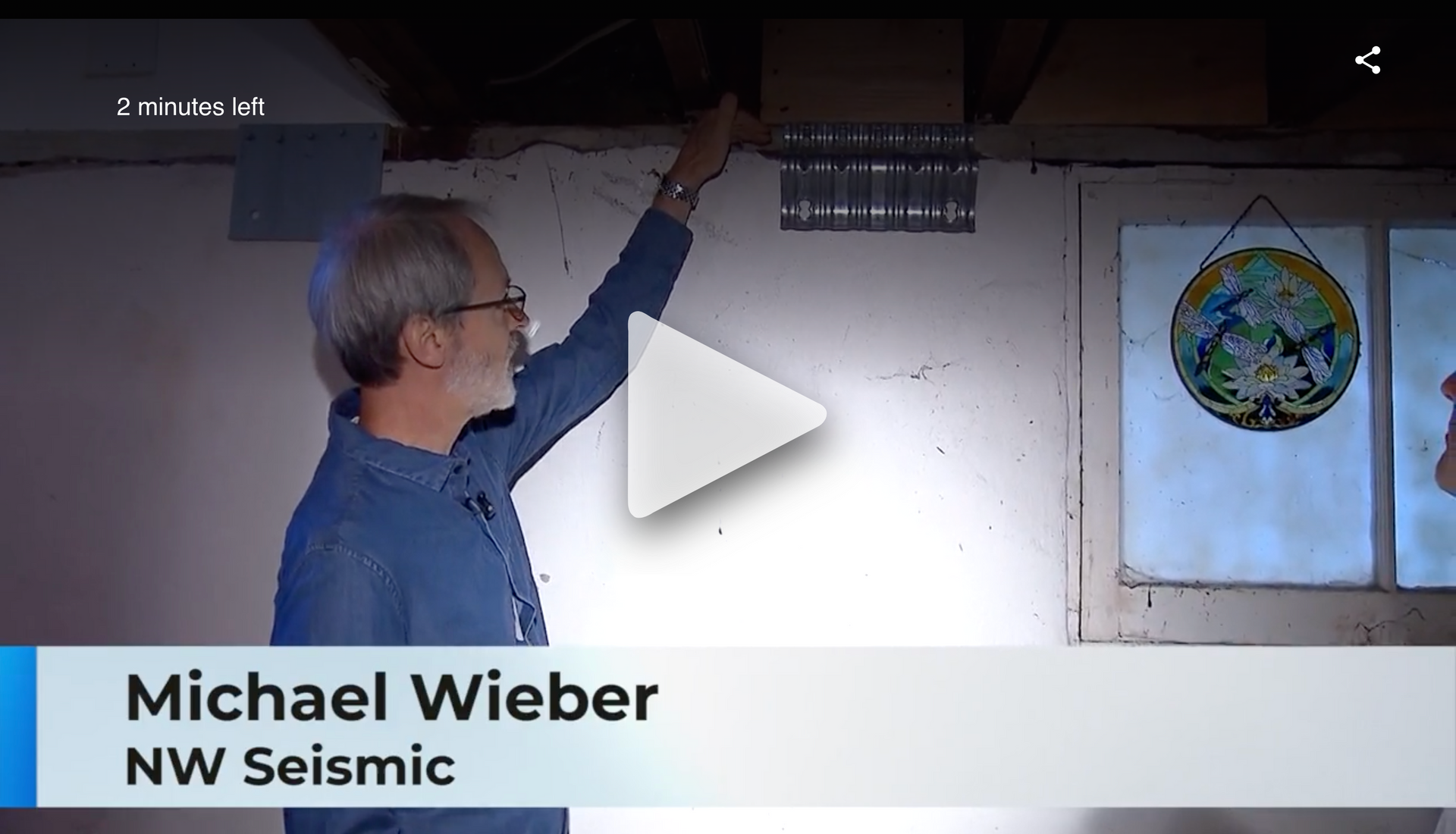Get in touch
555-555-5555
mymail@mailservice.com
Blog & Media
Blog
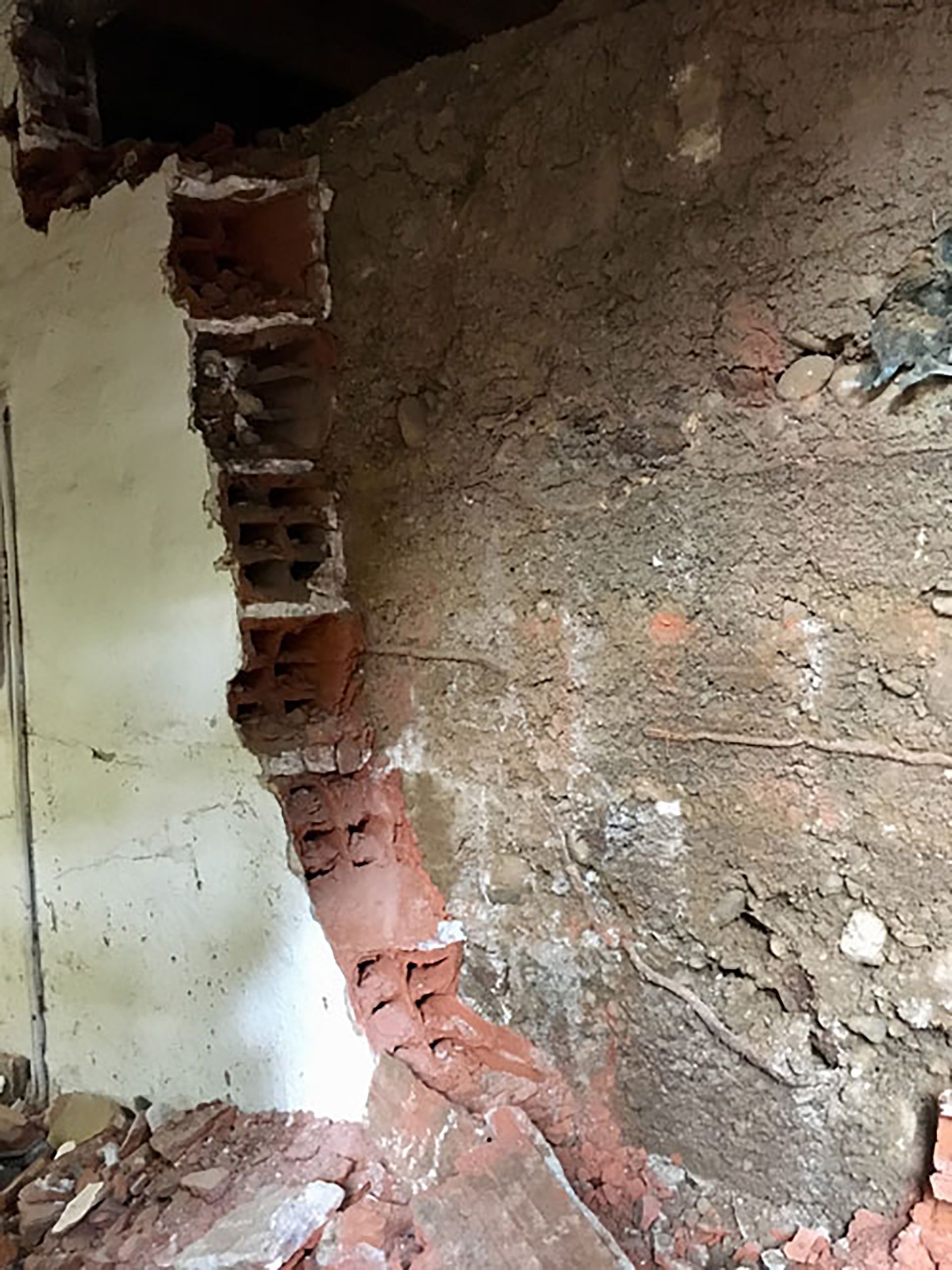
23 Jan, 2024
While Portland does occasionally have houses with brick, unreinforced concrete block or terra cotta block foundation, it is most common to have a poured-concrete foundation. Unfortunately, older poured foundations mixed with sand scooped unwashed out of the river create a crumbly foundation that not only won’t be able to resist the lateral loads unleashed in an earthquake, but are also prone to collapsing into the basement from external soil pressure. Years of overfilling gutters and downspouts only accelerate the speed of degradation, especially below soil levels. We often see concrete walls that have been skim-coated on both sides in an effort to hide the poor quality of the concrete. We once repaired the concrete walls in a house where a previous owner had constructed a block wall against the concrete so that it appeared the house had a block foundation (at least it looked better). On the outside, the previous homeowners had installed sheet metal from the bottom of the siding to a foot below soil level, making it impossible to see the actual foundation holding the house up without destroying the finishes that had been put in place. The owner had lived there for 13 years without realizing how flimsy the construction was. Whether you have brick, block, or crumbling concrete, all are candidates for full or partial replacement.
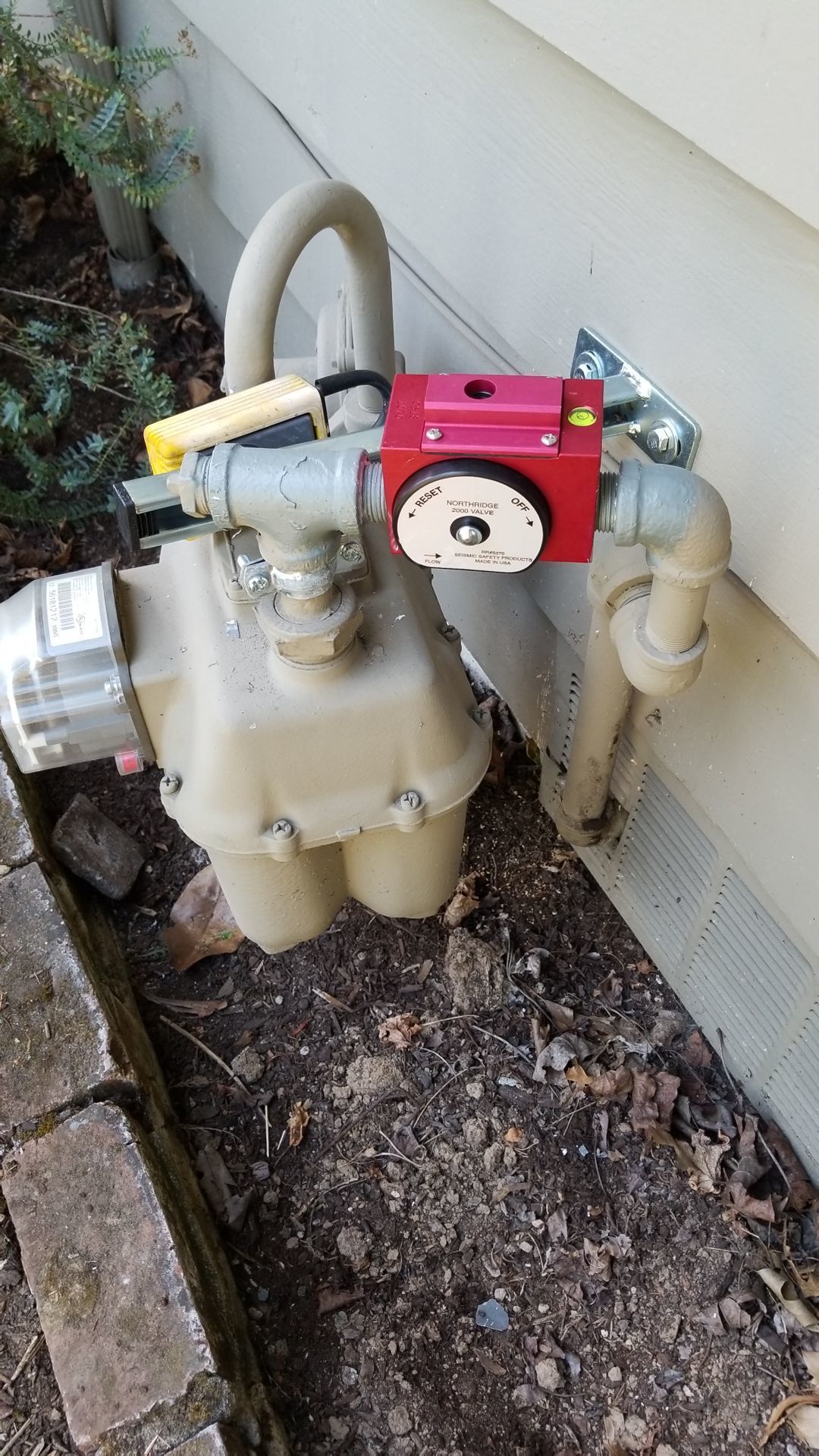
23 Jan, 2024
Historically, post-earthquake fires have been responsible for more damage than from the earthquake itself. The Northridge 2000 device is designed to automatically shut off your gas after a seismic event. Installed on the gas meter, it shuts off the gas before it enters your house. It’s designed to know the different between passing trucks and busses, or being bumped, and an actual earthquake. The valve is set to trigger for an earthquake that is stronger than a 5.2. Earthquake-activated gas shutoff valves are now mandatory in most of California, and will likely be here in Portland too.

